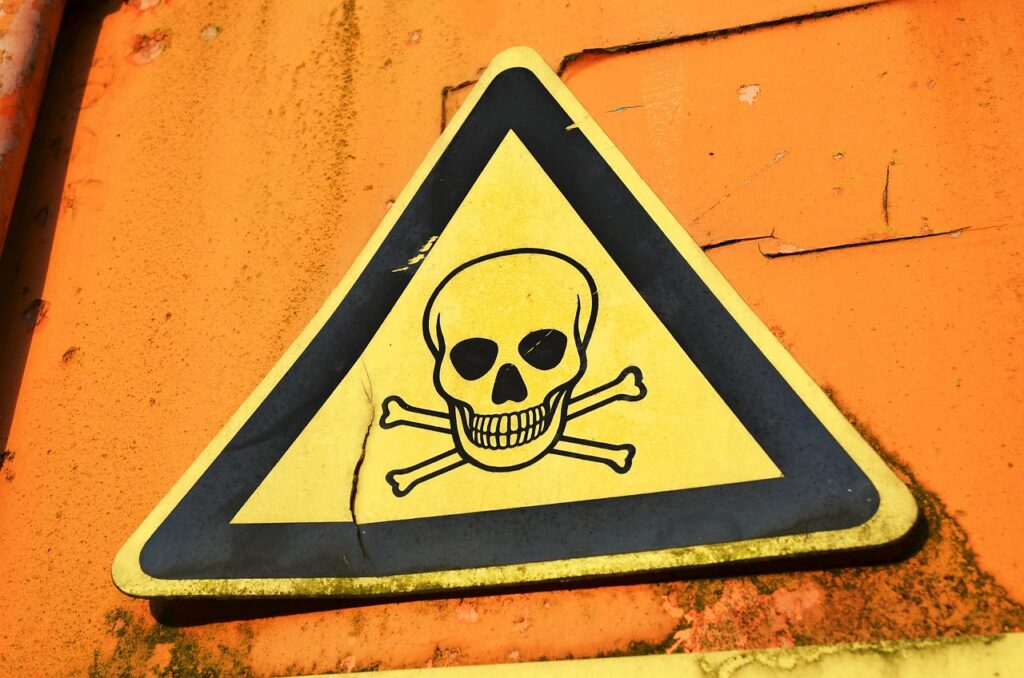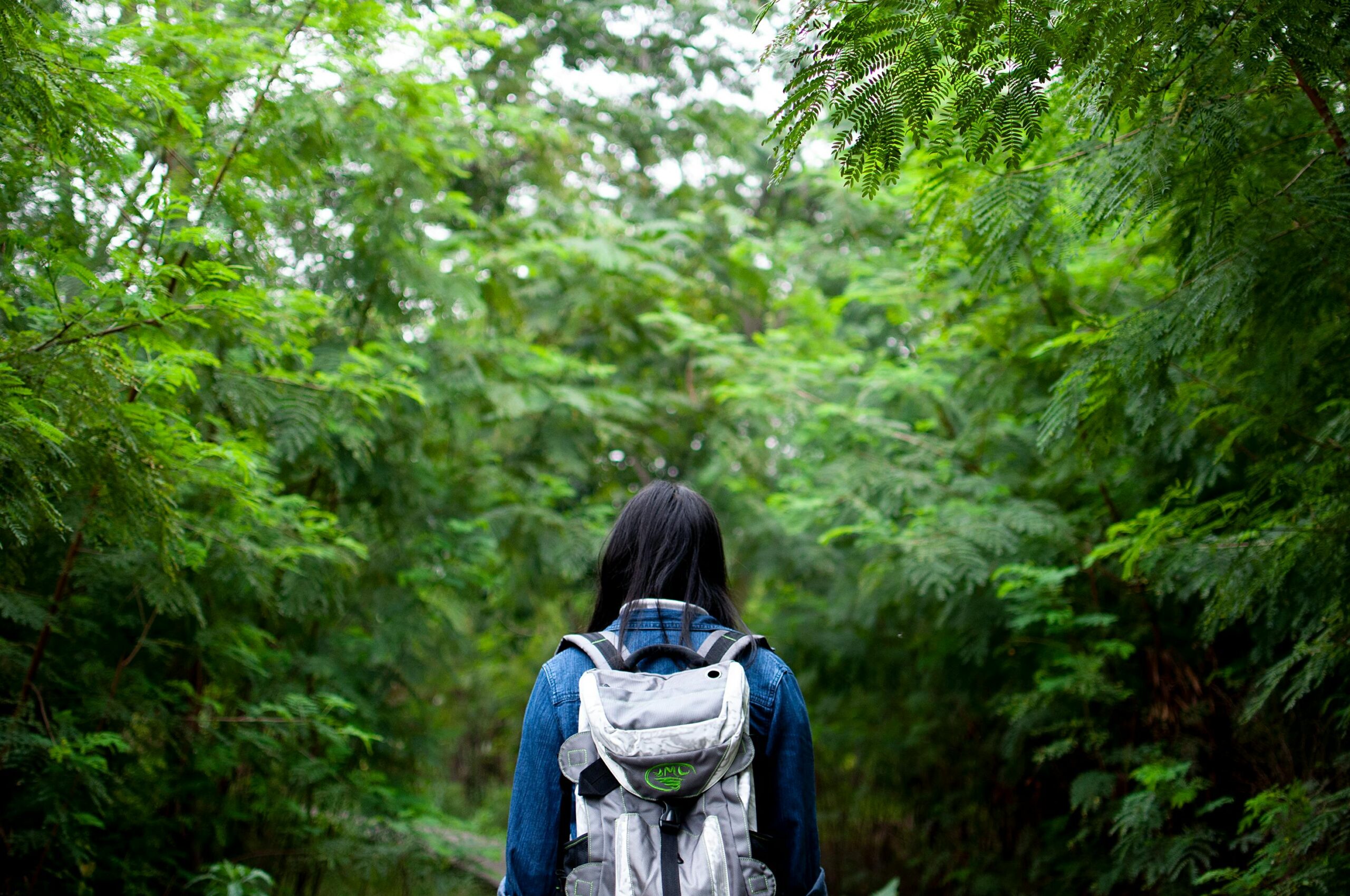Health officials have issued a travel warning due to a significant increase in dengue fever cases across popular tourist destinations, particularly in Southeast Asia. Dengue fever, a mosquito-borne viral infection, poses a growing threat, with approximately half of the world’s population now at risk.

Dengue Fever: A Global Health Concern
Dengue fever is transmitted primarily by the Aedes aegypti mosquito and is prevalent in tropical and subtropical regions. Symptoms include high fever, severe headaches, muscle and joint pains, and skin rashes. In severe cases, it can lead to dengue hemorrhagic fever, which may be fatal.
Rising Cases in Southeast Asia
Recent reports indicate a surge in dengue cases in Southeast Asia. For example, South Korea has reported 52 measles cases so far in 2025, marking a six-year high. Although the country was previously declared measles-free, recent infections have been linked to international travel from outbreak regions, such as Vietnam. Of the current cases, 34 were travelers from abroad.
Precautionary Measures for Travelers
Travelers to affected regions are urged to follow these health and safety measures:
- Use Insect Repellents: Apply repellents with DEET, picaridin, or oil of lemon eucalyptus.
- Wear Protective Clothing: Long-sleeved shirts and pants offer added protection.
- Stay in Screened or Air-Conditioned Rooms: Reduce exposure to mosquito bites.
- Eliminate Standing Water: Prevent mosquito breeding by draining water from containers like buckets, tires, and flower pots.
- Seek Medical Help Promptly: Early diagnosis and proper treatment are key to managing the illness.

Global Health Implications
The resurgence of dengue fever underscores the urgent need for coordinated global health strategies. This includes vector control programs, community education, and accelerated research on vaccines and antiviral treatments. Collaborative international action is essential in combating the spread of mosquito-borne diseases.
Frequently Asked Questions
Q: What is dengue fever?
A: It’s a mosquito-borne viral infection that causes flu-like symptoms and, in rare cases, life-threatening complications.
Q: How can I protect myself while traveling?
A: Use mosquito repellent, wear long clothing, and stay in protected environments. Avoid stagnant water near your living area.
Q: Is there a dengue vaccine?
A: Yes, but it’s not widely available and is typically reserved for those in high-risk areas.
Q: Should I cancel my travel plans?
A: Not necessarily. With proper precautions, travel can still be safe. Just stay updated on local health advisories.
Q: What should I do if I get sick after returning from a trip?
A: Visit a doctor immediately and inform them of your recent travel. Early treatment can prevent complications.

Sources Yahoo


